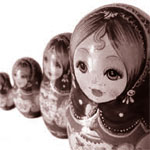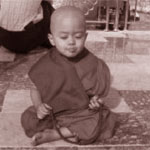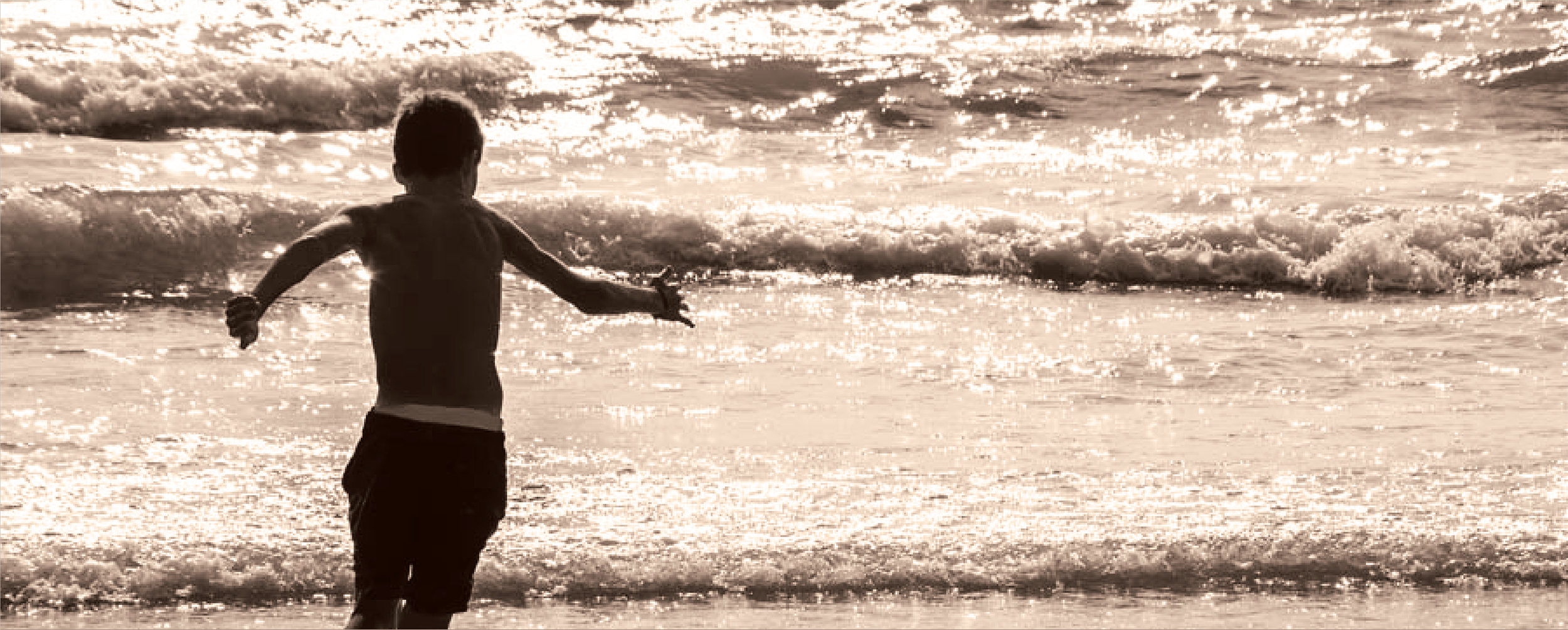Next Course: February 2025
Dates: (Saturdays): (2025) February 8, March 8, April 5, May 10, June 14.
Time: 9.30am to 4.30pm.
Venue:
Avila Carmelite Centre, Bloomfield Avenue, Morehampton Road, Donnybrook, Dublin 4.
Cost: €600
In a paragraph…
The body and...
- Reading the Body;
- Awareness – Focusing;
- Expression - Gestalt and Psychodrama.
5-day training in how to read and work with the body in psychotherapy. This is for counsellors, psychotherapists and mental health professionals, covering:
Day 1

The Body and Attachment (am); The Body and Character Structures - Biodynamics (pm); The body naturally pulsates allowing for feeling and self-recognition. We look at how a child physically shuts this down in the face of uncertain parenting, and the physical impact in terms of attachment styles and the formation of character structures - patterns of muscular tension - to maintain this shut down.
Day 2
The Body and Trauma. Trauma is dysregulation of the nervous system from overwhelming experience. We will look experientially at how this impacts a person in body and mind so we can recognise it in a session. And to understand, again experientially, the one key ingredient that helps us work safely in diffusing and processing client trauma.
Day 3

Reading the Body (am); The Body and Awareness; Focusing (pm); Reading the body is something we all do unconsciously and naturally. We will see, consciously, where and how psychological problems are held in our body. Clients connecting with themselves physically is important in therapy. We will look at focusing to put a language on this.
Day 4
The Body and Expression - Gestalt (am); The Body and Shame (pm); Memory is stored in the body and is always pressing for resolution. Using gestalt theory, we will look at how to tap into this body memory, how its resolution gets blocked, and how we unblock it. The self-conscious emotion of shame will be explored experientially through work with touch and eye contact.
Day 5

The Body and Expression – Psychodrama. Using the body as unconscious archetype, we will explore the unconscious in the body through play, tapping into our child instinct that has a clearer sense of what we need to do to help ourselves. Using psychodrama and object relations theory, we will explore body memory, both individual and inter-generational.
Optional Day
The Psychodynamic Story of the Character Structures. A more detailed and experiential look at the seven types of character structures: the first two are based around attachment, the next three cover separation and control, the final two covering sexuality and aggression. But all seven are built on top of each other and inter-related like Russian dolls.
The course will contain concise outlines of theory followed by experiential exercises to bring the theory to life. It is a practical course that will benefit your client work.

